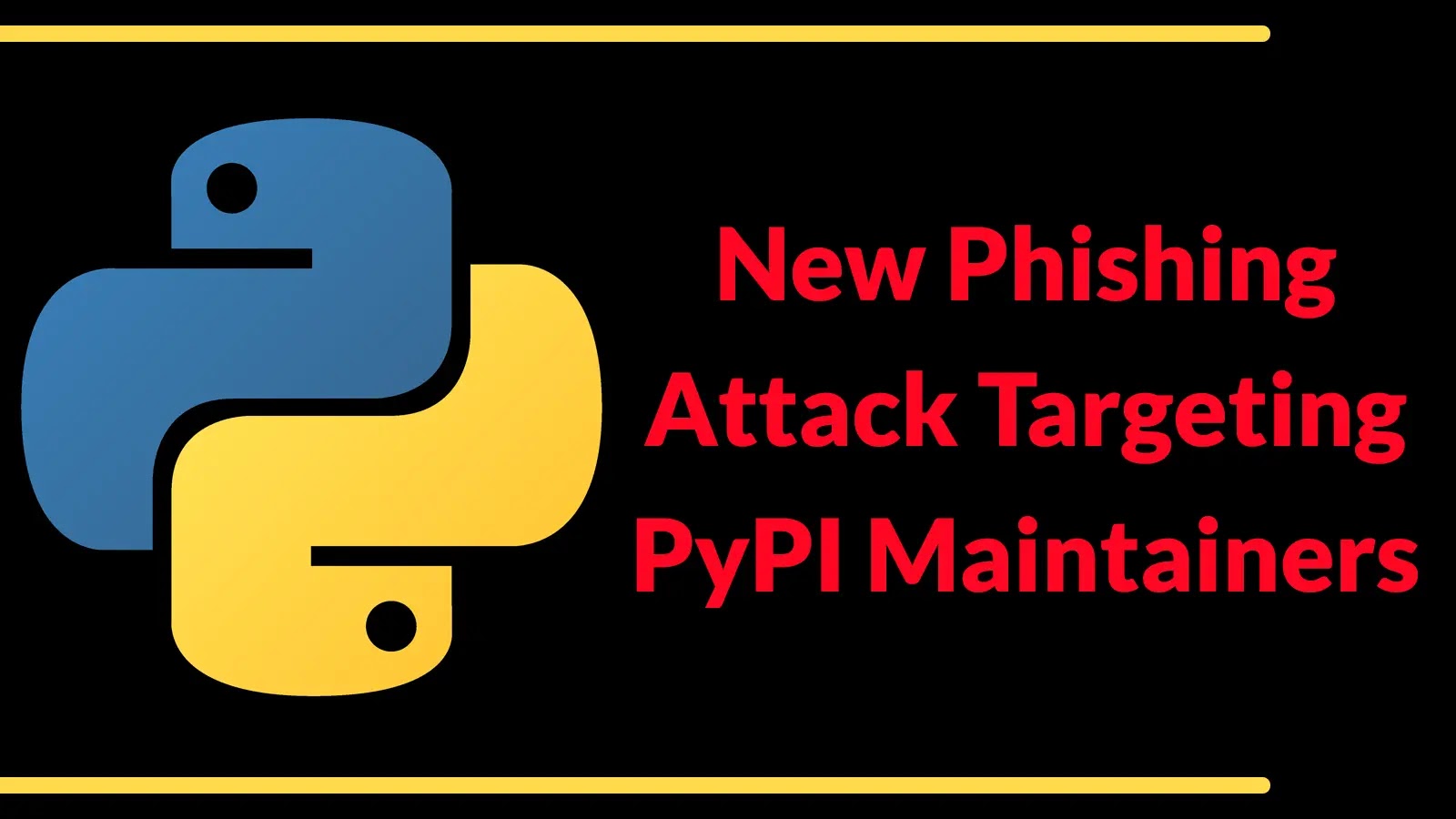A recent phishing campaign has emerged, specifically targeting maintainers of packages on the Python Package Index (PyPI). This attack employs domain spoofing techniques to deceive developers into divulging their login credentials.
Phishing Tactics and Execution
The attackers initiate the scheme by sending emails that closely resemble official PyPI communications. These messages prompt recipients to verify their email address as part of purported account maintenance and security procedures, warning that failure to comply may result in account suspension. This sense of urgency is designed to prompt immediate action without thorough scrutiny.
Within these emails, users are directed to a fraudulent domain, pypi-mirror.org, which masquerades as an official PyPI mirror site. This domain is entirely unaffiliated with the Python Software Foundation and is used to harvest login credentials from unsuspecting maintainers.
Domain Spoofing and Deceptive Infrastructure
The phishing campaign leverages domain spoofing by registering pypi-mirror.org, exploiting the common practice of software repositories maintaining mirror sites for redundancy. The malicious site employs HTTPS encryption and replicates PyPI’s login interface with high fidelity, including accurate styling, logos, and form elements. This meticulous replication enhances the site’s credibility, making it challenging for users to discern its fraudulent nature.
Broader Context and Ongoing Threats
This incident is part of a broader pattern of domain-confusion attacks targeting PyPI and other open-source repositories. Threat actors systematically rotate domain names to evade detection and takedown efforts, exploiting the trust relationships within the open-source ecosystem.
In response, PyPI security teams are coordinating with domain registrars and content delivery networks to expedite the takedown of malicious domains. They are also submitting these domains to threat intelligence feeds used by major browsers to enhance phishing protection.
Recommendations for Developers
To mitigate the risk of falling victim to such phishing attacks, developers are advised to:
– Verify Email Sources: Carefully inspect the sender’s email address and be cautious of unsolicited messages requesting sensitive information.
– Examine URLs: Before clicking on any links, hover over them to preview the URL. Ensure it matches the official PyPI domain (pypi.org) and does not contain misspellings or additional characters.
– Enable Two-Factor Authentication (2FA): Implementing 2FA adds an extra layer of security, making it more difficult for attackers to gain unauthorized access.
– Stay Informed: Regularly follow official PyPI communications and security advisories to stay updated on potential threats and recommended practices.
By remaining vigilant and adopting these security measures, developers can better protect their accounts and contribute to the overall security of the open-source community.



